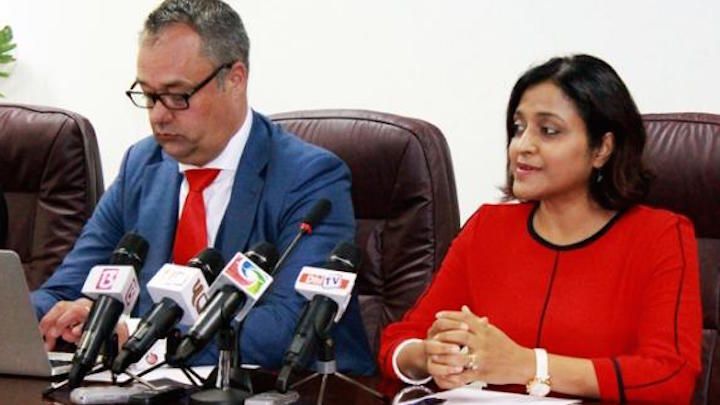UN panel rejected government’s appeal of Nasheed ruling
A UN human rights panel rejected the government’s appeal of its judgment declaring former President Mohamed Nasheed’s imprisonment illegal, the opposition leader’s lawyer Jared Genser told the press in London yesterday.

26 Jan 2016, 09:00
A UN human rights panel has rejected the government’s appeal of its judgment declaring former President Mohamed Nasheed’s imprisonment illegal, the opposition leader’s lawyer Jared Genser told the press in London yesterday.
Genser, founder of US-based NGO Freedom Now, a renowned campaign group for political prisoners, said the former president’s international legal team has recently learned that the government’s appeal was “rejected without comment.”
“It is clear and unequivocal that it is a final decision of the working group,” he said.
Become a member
Get full access to our archive and personalise your experience.
Already a member?
Discussion
No comments yet. Be the first to share your thoughts!
No comments yet. Be the first to join the conversation!
Join the Conversation
Sign in to share your thoughts under an alias and take part in the discussion. Independent journalism thrives on open, respectful debate — your voice matters.




